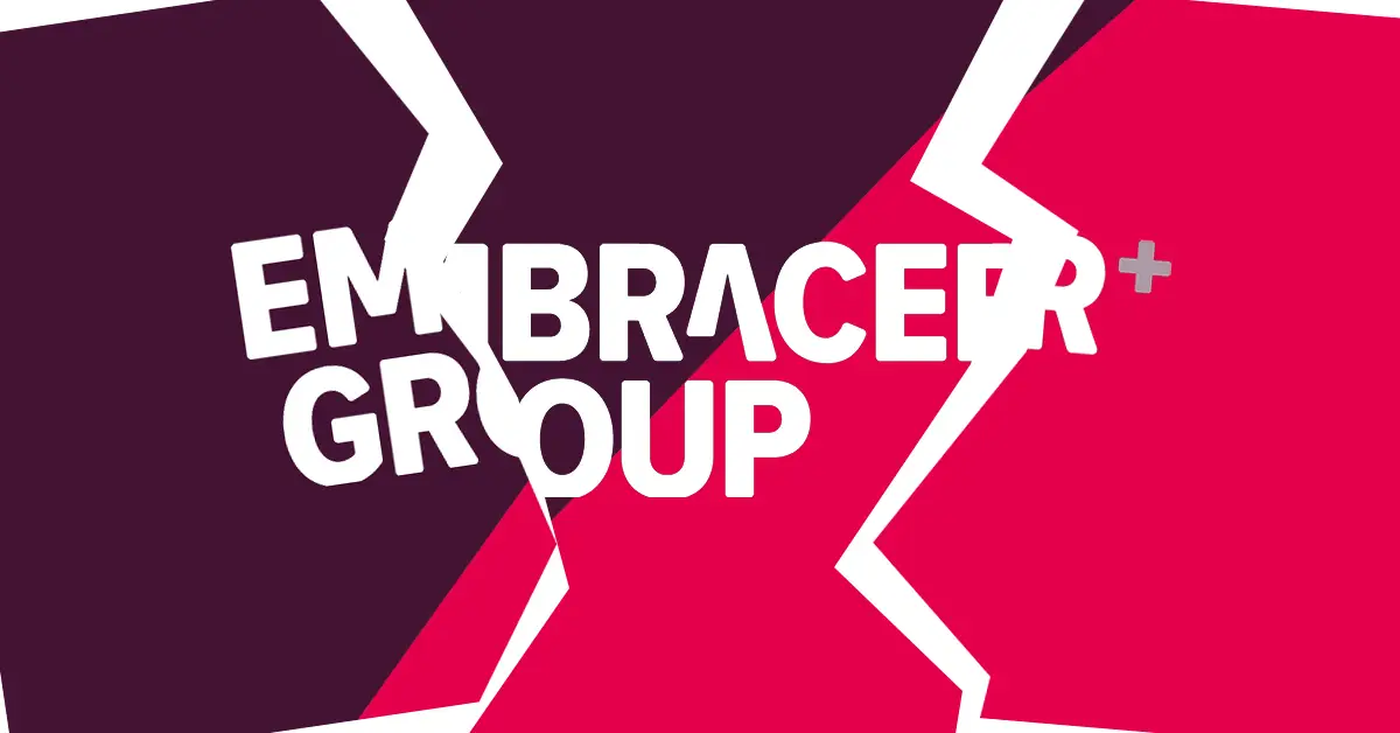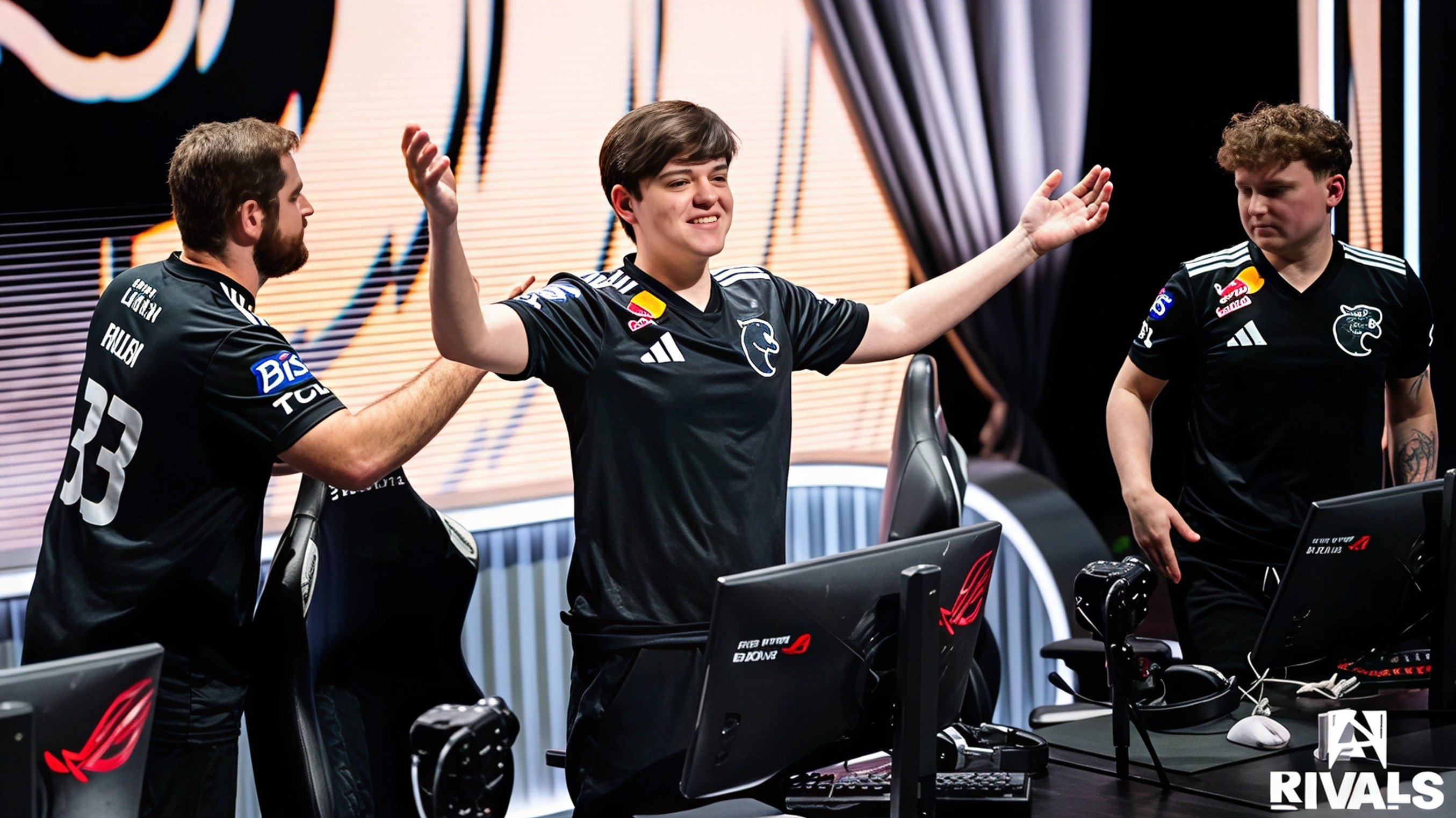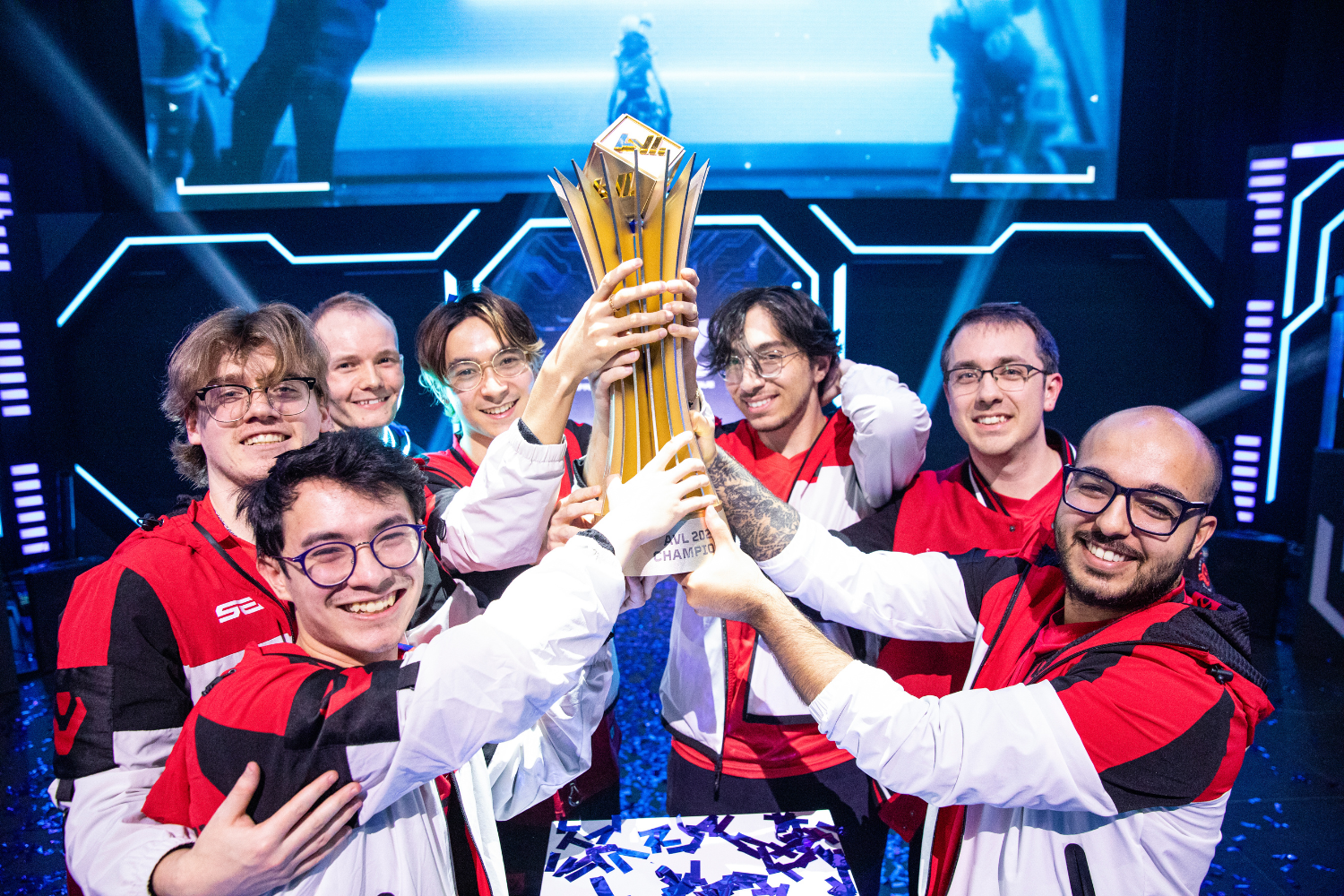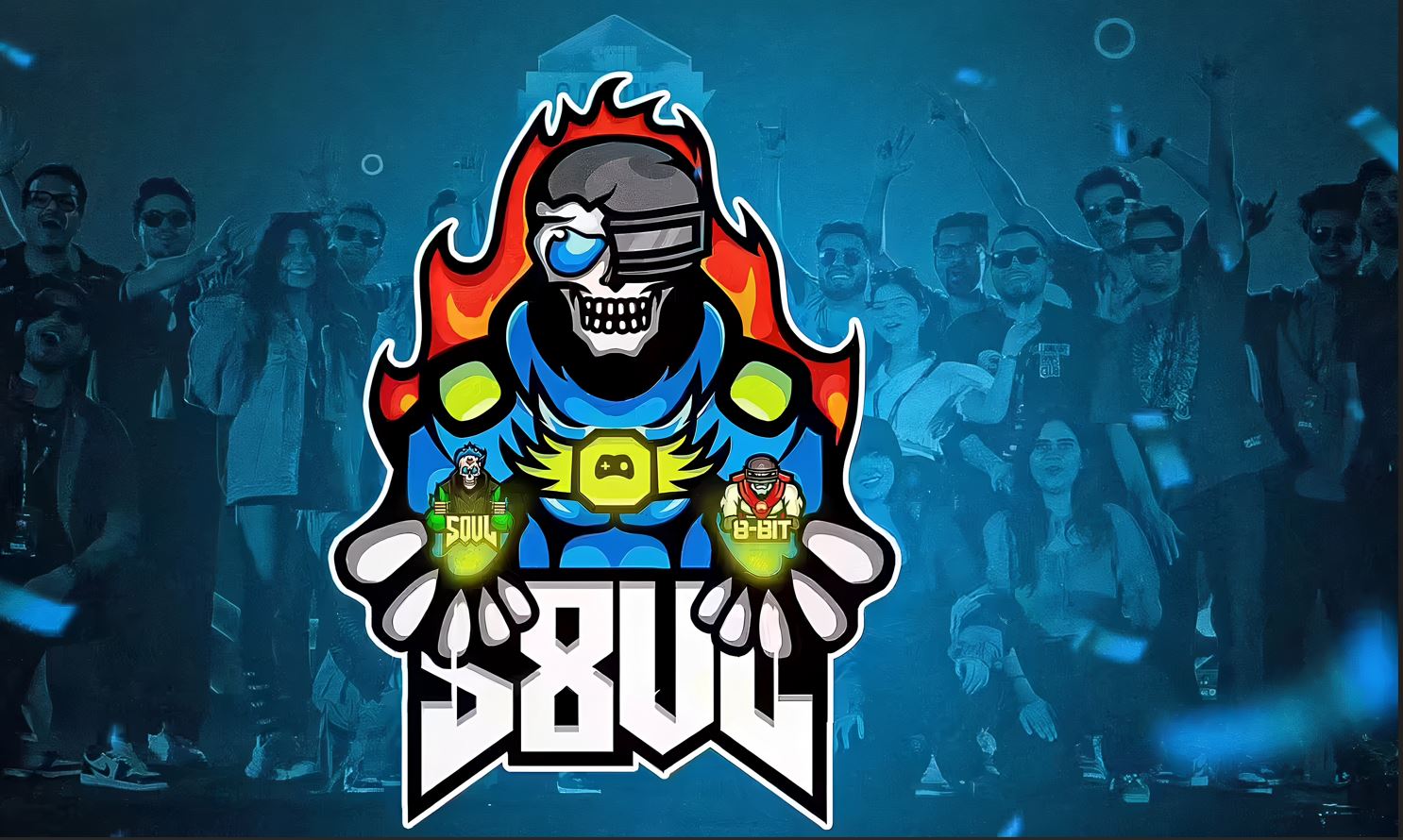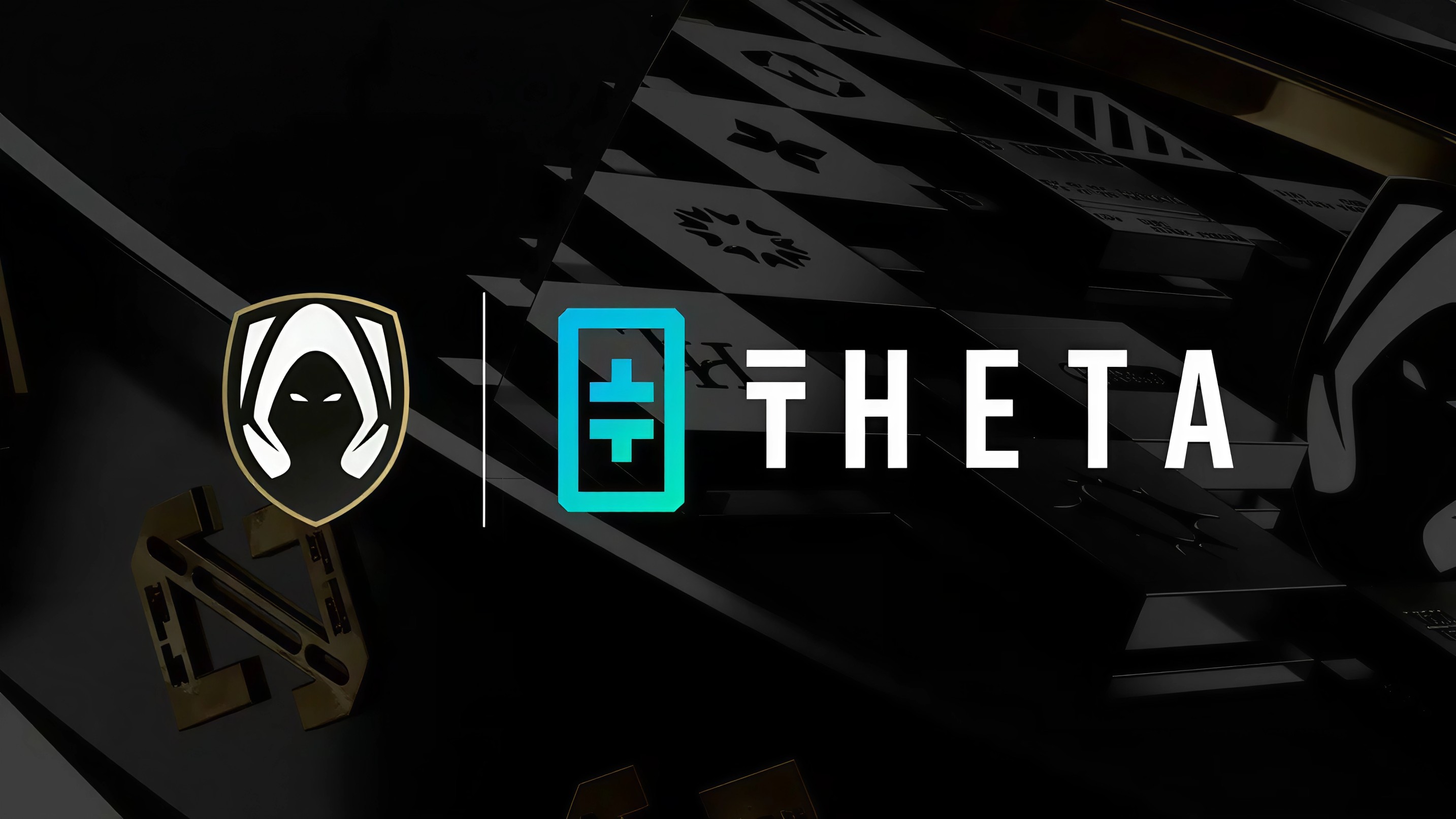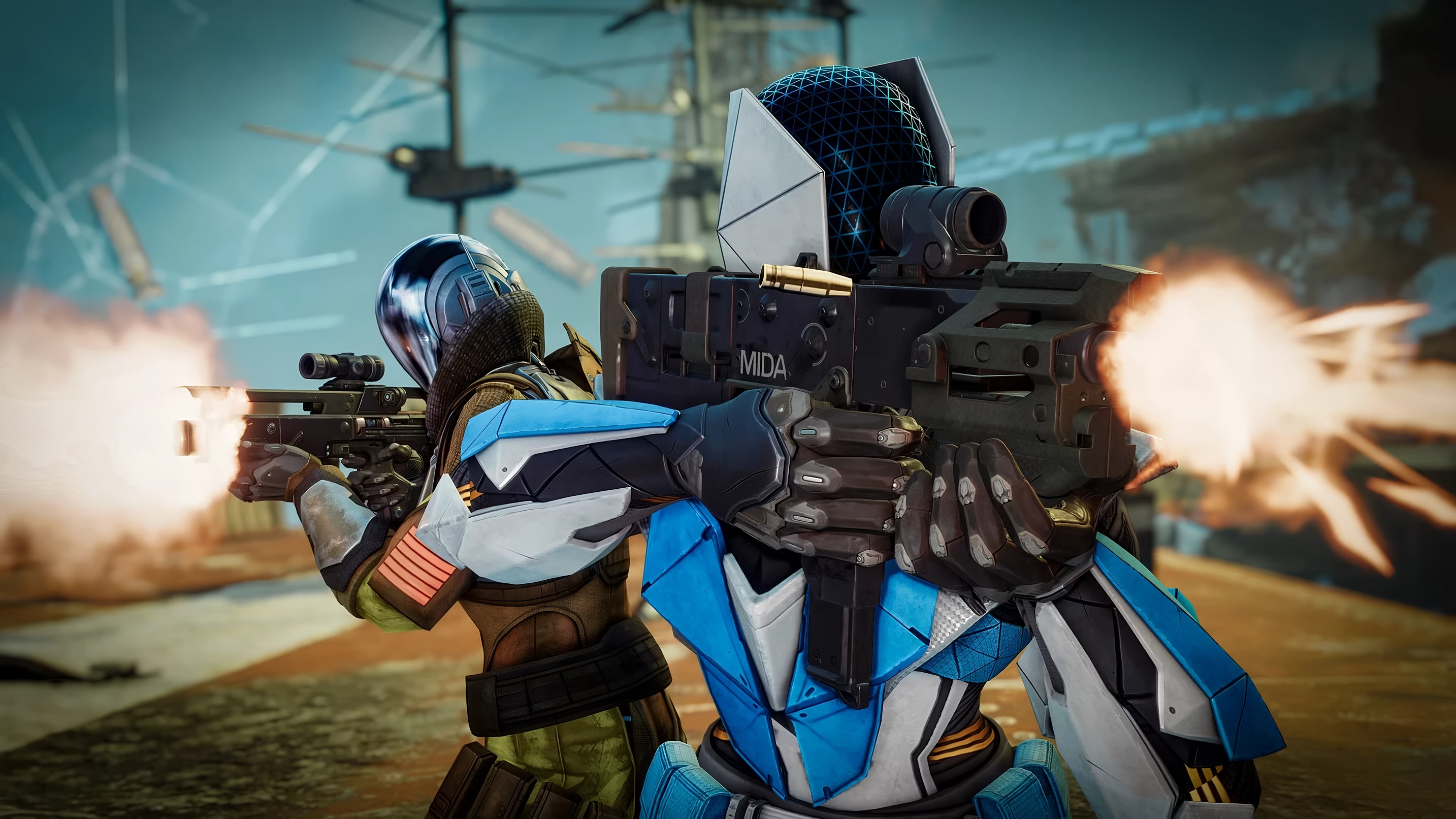The Embracer Group, a major player in the gaming industry based in Sweden, has announced a significant corporate restructuring by splitting into three distinct publicly listed companies: Asmodee Group, Coffee Stain & Friends, and Middle-earth Enterprises & Friends. This strategic move aims to sharpen the focus of each division, enabling them to pursue tailored business strategies that align more closely with their operational strengths and market opportunities.
Overview of the New Companies
1. Middle-earth Enterprises & Friends:
- Focus: Primarily centered around AAA game development and publishing.
- IP Holdings: This entity will hold rights to major IPs including Dead Island, Killing Floor, Kingdom Come: Deliverance, Tomb Raider, and The Lord of the Rings.
- Strategy: Positioned as a creative powerhouse, this company aims to leverage its high-profile IPs to maintain and expand its presence in the AAA gaming sector.
2. Asmodee Group:
- Focus: Specializes in the publication and distribution of tabletop games.
- Game Titles: Includes popular games like Ticket to Ride, 7 Wonders, Azul, CATAN, Dobble, and Exploding Kittens.
- Expansion Plans: Developing licensed tabletop games based on major franchises such as The Lord of the Rings, Marvel, Game of Thrones, and Star Wars.
- Timeline: Embracer plans to complete the spinoff and share listings within the next 12 months.
3. Coffee Stain & Friends:
- Focus: Concentrates on indie, mid-market, and free-to-play games.
- Portfolio: Includes games like Deep Rock Galactic, Goat Simulator, Satisfactory, Wreckfest, Teardown, and Valheim.
- Market Strategy: Aims to nurture a diverse range of gaming properties, focusing on innovation and accessibility in the gaming market.
- Future Plans: Share listings are expected to be available by 2025.
Strategic Rationale
Enhanced Focus: By dividing into three specialized entities, Embracer Group aims to enable each company to hone in on their core competencies and market strategies without the dilution of focus that can come from managing a diverse conglomerate.
Market Adaptability: This structure allows each entity to adapt more quickly to their respective markets, fostering agility and innovation in response to changing industry trends and consumer preferences.
Investor Appeal: Separating into distinct entities provides clearer investment stories for potential investors, making it easier for each company to attract investment based on its specific business model and market potential.
Challenges and Considerations
Operational Complexity: The process of splitting a large organization into multiple independent companies involves significant challenges, including legal, financial, and operational restructuring.
Market Risks: Each new entity will face its own set of market risks. For instance, the AAA gaming market is highly competitive and sensitive to consumer trends, while the tabletop game market may be affected by different factors, such as retail distribution channels and licensing agreements.
Employee Impact: Restructuring on this scale can lead to uncertainty and disruption for employees. Clear communication and strategic HR management will be critical to minimize disruption and retain key talent.
Conclusion
Embracer Group's decision to restructure into three distinct entities reflects a strategic evolution aimed at maximizing the potential of its diverse holdings. This move is not just about simplifying operations but also about strategically positioning each business to thrive in its specific market. As these companies make their debut on the public market, they will each offer unique growth stories based on their specialized focuses and market strategies.

